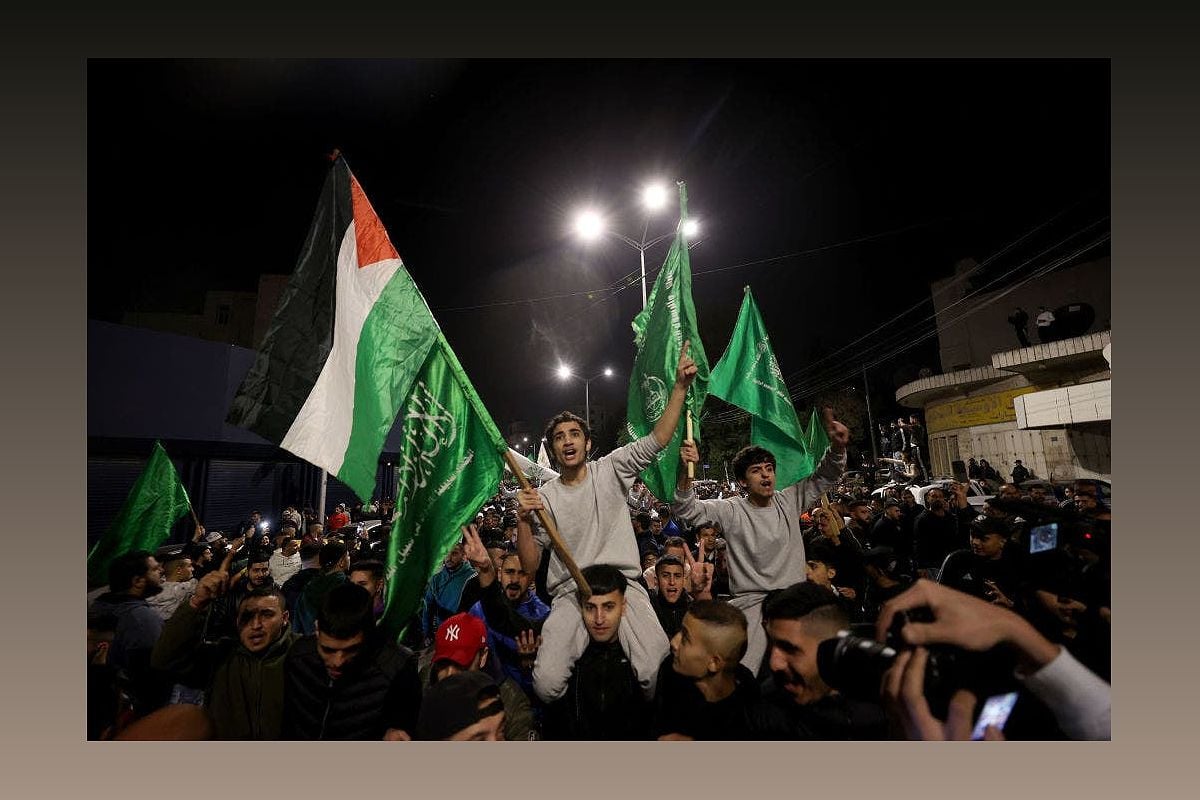Are U.S. Funds Indirectly Supporting Convicted Palestinian Terrorists?
Many are questioning whether U.S. funds are inadvertently supporting convicted Palestinian terrorists. Recent reports suggest that the Palestinian Authority, boosted by American and European funding, pays salaries to imprisoned terrorists and the families of martyrs. This raises concerns about the indirect support of terrorism through financial aid. In this article, we delve into the details and examine the potential implications of these claims.
The Palestinian Authority’s Funding Sources
Explore the funding sources of the Palestinian Authority and the role of American and European funding.
The Palestinian Authority relies on funding from various sources, including American and European contributions. These funds play a significant role in boosting the Palestinian Authority’s budget by $600 million.

It is important to understand the implications of this financial support and its potential connection to the payment of salaries to imprisoned terrorists and the families of martyrs.
The Controversial ‘Pay for Slay’ Program
Learn about the controversial ‘Pay for Slay’ program and its impact on the Palestinian Authority’s financial obligations.
The Palestinian Authority has been criticized for its ‘Pay for Slay’ program, which involves providing stipends to the families of convicted Palestinians involved in acts of terrorism.
Under this program, prisoners who serve more than five years receive monthly salaries for life. This raises concerns about the potential misuse of funds and the indirect support of convicted terrorists.
The Release of Palestinian Terrorists
Examine the recent release of Palestinian terrorists and the concerns surrounding their potential return to terrorism.
Recent reports have highlighted the release of Palestinian terrorists as part of a truce with Hamas. This raises questions about the likelihood of these individuals returning to their terrorist activities.
Israeli Gen. Yossi Kuperwasser warns that many of the released terrorists were paid salaries during their imprisonment and are still committed to the terrorist struggle against Israel.
It is crucial to assess the potential risks and implications of releasing convicted terrorists and the role of financial support in facilitating their activities.
The Impact on Counterterrorism Efforts
Understand the challenges faced by counterterrorism officials in cracking down on Hamas’ financing and the role of international aid.
The recent massacre carried out by Hamas has brought attention to the importance of cracking down on the financing of terrorist organizations. Money, which is highly fungible, can be vulnerable to terror finance in regions with lax regulations.
In 2018, Congress passed the Taylor Force Act, aimed at cutting economic aid to the Palestinian Authority until it ends the payment policy. Israel has also implemented similar measures.
Efforts to curb Hamas’ financing are now at the forefront of counterterrorism officials’ minds, as they work to prevent further acts of terrorism.
The Potential Consequences
Examine the potential consequences of indirectly supporting convicted Palestinian terrorists and the need for further scrutiny.
The indirect support of convicted Palestinian terrorists through financial aid raises serious concerns about the consequences of such actions.
It is crucial for the U.S. and other contributing nations to thoroughly scrutinize the allocation of funds to ensure they are not inadvertently supporting terrorism.
By addressing these concerns and implementing stricter regulations, we can work towards a safer and more secure future for all.
